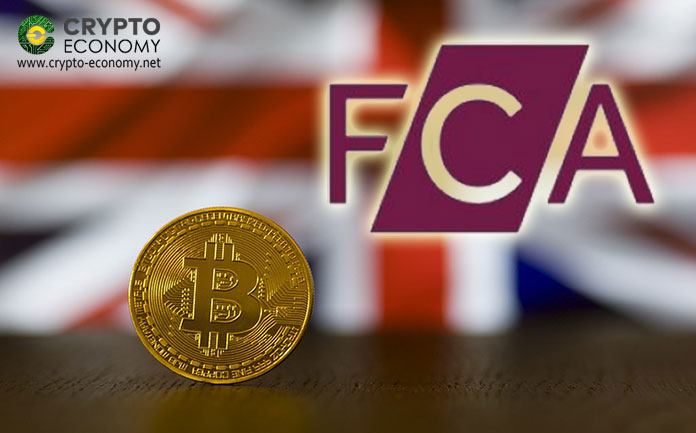The UK financial services regulator, the Financial Conduct Authority (FCA) has pronounced itself on its position regarding regulating the cryptocurrencies. In a policy statement published on Wednesday, July 31st, the regulator said that it would not be regulating true cryptocurrencies Bitcoin and Ethereum which it classifies as “exchange tokens.”
However, these tokens will still be regulated to avoid money laundering channels. The policy statement was informed from responses derived from the consultation paper published back in January of this year in which the FCA announced about 92 responses were received. Cryptocurrency related businesses including exchanges, banks and trade associations as well as other relevant parties submitted responses.
“Following our consultation, we are proceeding with the guidance that was consulted on, with some drafting changes to improve clarity based on responses. This includes reframing our taxonomy of crypto assets to help market participants better understand whether tokens are regulated, and where they fall outside our remit,” the statement reads.
That stated taxonomy includes categories such as the above-mentioned ‘exchange tokens’, ‘security tokens’ which according to the statement fall under a more understandable category termed ‘specified investment’ and e-money category.
Security tokens and e-money tokens will be subject to regulation by the FCA. These include any tokens created for investment purposes such as fundraising through IEOs and platform tokens. Stablecoins can also be categorized as e-money which makes them liable to FCA regulations. Anything else not expressly categorized may be said to be outside the purview of the regulator except for money-laundering efforts to which all assets will be subject.
“This is a small, complex, and evolving market covering a broad range of activities,” said Christopher Woolard, FCA‘s executive director of strategy and competition. “Today’s guidance will help clarify which crypto asset activities fall inside our regulatory perimeter.”
The policy statement is far from conclusive which means that most of the rules on regulations will be derivative to each circumstance.
“Market participants should use the Guidance as the first step in understanding how they should treat certain crypto assets,” the statement noted adding that “however definitive judgments can only be made on a case-by-case basis.”
The regulator is still plagued trying to effectively classify some assets. As a nascent field, most assets possess similar assets and some subtle to visible distinctions which creates a lot of blurry lines between different assets. For instance, platform tokens can be classified as utility tokens, but the proponent of these tokens (the platform) can use them to raise capital to fund the project which effectively makes the same tokens security tokens.
Speaking to an industry media, Jacqui Hatfield, a crypto expert lawyer working off the London office of the law firm Orrick said that
“The interesting thing is where you have got utility tokens that are dressed up as security tokens just to make sure that they don’t fall foul of any promotion type restrictions. So the question is, does that actually change the nature of the token itself when it comes to trading it?”











